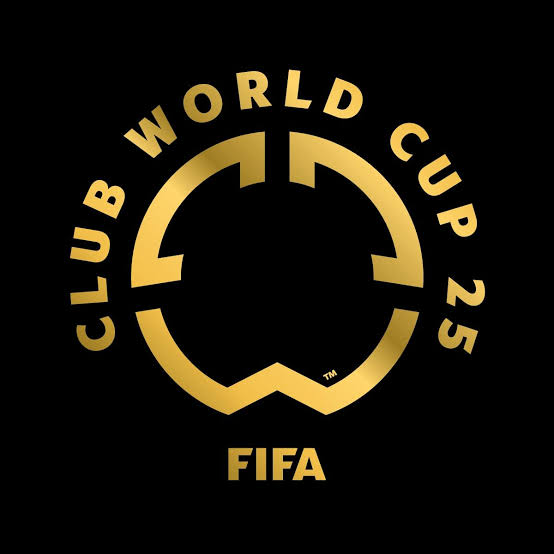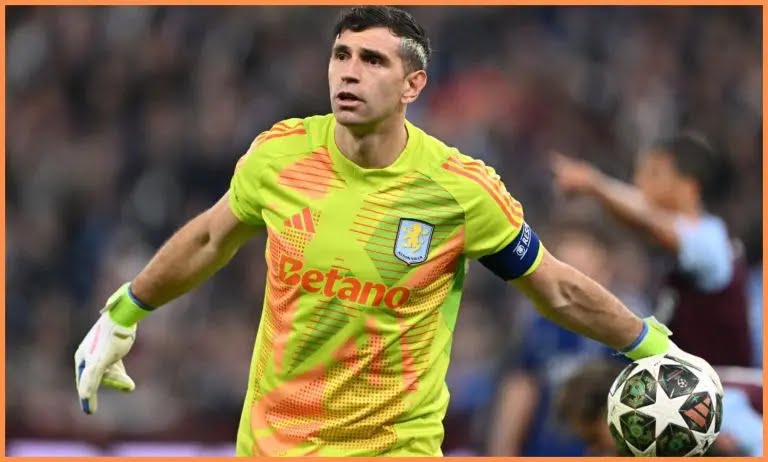“The $1B Illusion: Did Chelsea Win the Club World Cup—Or Did FIFA Walk Away as the Real Champion?”
The final whistle blew, the fireworks lit up the night sky, and Chelsea Football Club hoisted the FIFA Club World Cup trophy in triumph after a thrilling 3–2 victory over Paris Saint-Germain. Blue-clad players celebrated with tears and champagne, fans roared around the globe, and the footballing world hailed the Blues as the rightful kings of the planet.
But beneath the glittering stage, beneath the confetti and global headlines, a far more calculated victory was quietly being tallied—one measured not in goals, but in billions of dollars.
Because while Chelsea may have lifted the trophy, it is FIFA that arguably walked away with the biggest prize of all: unprecedented financial power, global brand expansion, and full control over football’s most lucrative future frontier.
A Tournament Like No Other—And a Payout to Match
The 2025 edition of the FIFA Club World Cup marked a historic shift. Reimagined as a 32-team extravaganza modeled after the FIFA World Cup for national teams, it brought together club giants from every continent for a spectacle of elite football. But unlike previous versions, this one came with a jaw-dropping price tag and even more staggering returns.
FIFA announced a $1 billion investment package from global sponsors, tech giants, media partners, and host nations to fund the expanded tournament—making it the richest club competition in football history.
Clubs received generous participation bonuses, with the winner reportedly taking home $100 million, runners-up about $50 million, and even first-round exits earning multi-million-dollar payouts. But the real question remains: where did the lion’s share of that $1 billion go—and who gained the most long-term leverage?
FIFA’s Financial Triumph
Behind the scenes, the Club World Cup served as a masterclass in monetization and global brand positioning for FIFA.
1. Global Broadcasting Rights: FIFA sold the broadcasting rights for record fees to dozens of markets. In some regions, the bidding war for exclusive rights reached previously unimaginable figures. It’s estimated that FIFA earned over $600 million in media rights alone.
2. Sponsorship Explosion: With top-tier sponsors like Visa, Adidas, Coca-Cola, and new tech partners such as Amazon and Apple entering the mix, commercial deals ballooned. The tournament created exclusive “global club football” sponsorship categories—ensuring FIFA profits even from club-level events, previously the domain of UEFA or national leagues.
3. Host Nation Profits: The host country—reportedly the United States—also funneled massive tourism and investment dollars into the FIFA system, ensuring infrastructure improvements and tax-linked agreements benefitted the organization far beyond the pitch.
In short, while clubs earned tens of millions, FIFA earned hundreds of millions—and gained even more power to shape global football’s financial ecosystem.
The Power Shift from Clubs to Confederation
The FIFA Club World Cup was once an afterthought—a brief, modest tournament tucked into December schedules. But this new $1B version has completely reshaped the power dynamics between clubs, confederations, and the global governing body.
Many elite clubs had traditionally favored the Champions League or domestic leagues for prestige and revenue. But now, with FIFA dangling colossal sums and global exposure, clubs are being drawn deeper into FIFA’s orbit.
This represents a fundamental shift: FIFA, not UEFA, may soon dominate the global club calendar.
Chelsea’s Glory—But at What Cost?
Make no mistake: Chelsea’s triumph was epic. Players like Enzo Fernández, Cole Palmer, and Reece James etched their names into club history with a performance that thrilled millions. The club also bagged an enormous prize pool and reinforced its global brand.
But critics argue Chelsea’s victory masked a deeper truth.
“This tournament wasn’t really about football,” said one European club executive speaking anonymously. “It was a test run for FIFA’s long-term business strategy—bringing club football under its full control.”
Indeed, some analysts worry that club autonomy may be eroded as FIFA grows its influence. FIFA, traditionally focused on national team competitions, now holds keys to club revenue pipelines, branding rights, and scheduling leverage that were once fiercely protected by independent leagues and associations.
A Divided Football World
The reaction to FIFA’s success has been mixed. While clubs enjoyed their windfall and fans loved the spectacle, there’s growing concern that FIFA’s new Club World Cup could:
Overwhelm domestic calendars
Drain focus from traditional tournaments
Create further gaps between elite clubs and grassroots football
Some South American clubs voiced frustration at the distribution of broadcast and travel revenues, while UEFA reportedly raised private concerns about FIFA’s growing control.
Still, the lure of billion-dollar payouts is hard to resist.
So… Who Really Won?
On the surface, Chelsea won the world’s most coveted club trophy. Their fans danced, their players made history, and their owners smiled all the way to the bank.
But behind the scenes, FIFA emerged as the true master of the game. With billions in revenue, a newly solidified global presence, and the loyalty of club giants now tied to their tournament, FIFA’s position as the most powerful force in global football has never been stronger.
The Club World Cup may be over, but the game behind the game hasonly just begun.




